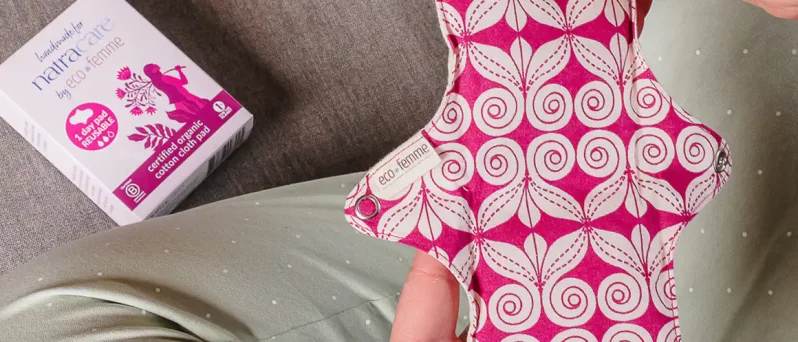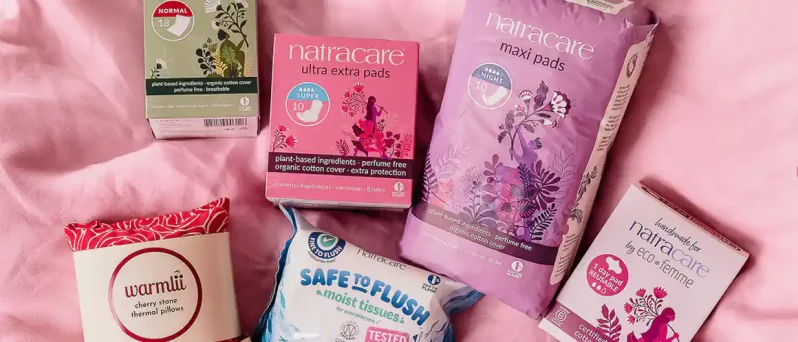Children living in poverty or precarious circumstances often rely on their time at school each day for access to food and other essentials they may not have at home, including period products. But with schools closed, how has the lockdown impacted children in period poverty?
Increase in period poverty
Around 500 million people live in period poverty across the globe, and this has only increased during the pandemic, along with food insecurity. With unemployment rates rising due to the economic impact of COVID-19, increasing amounts of people are unable to afford basic essentials like period products.
Period poverty charity Bloody Good Period has reported providing nearly six times the usual amount of period products to people in the UK since the pandemic began. With such a significant increase in period poverty, both adults and children the world over will have been affected by a lack of access to period products over the last year.
Access through food banks
During the pandemic, food banks have been an important resource for many people to feed their children. In fact, research has shown that the need for food banks during the pandemic has increased by 110% in the UK alone. Free period products are often available through food banks, but this isn’t always guaranteed. It could mean that children who usually rely on access to free period products at school, and whose families are now using food banks, might have a reduced or precarious access to period products.
Free school supplies
Since January 2020, schools within the UK can request free period products from the government to provide to students. Access to these has continued throughout the pandemic, whether schools are open or not. However, since its launch, under 40% of schools in the UK have been reported to utilise this scheme, meaning that over 60% of schools in the UK that could provide free period products for students are not. There have been criticisms around whether the existence of the scheme has been well communicated enough to schools and parents.
Steps have been taken further in Scotland than across the rest of the UK recently – period products have been made free to all people who need them.
For children in the US, it largely depends on which state they live in. Some states do provide free period products in schools, but this doesn’t operate on a national scale.
Effects of period poverty on children
Having no or limited access to period products at any age can be damaging for several reasons including:
- Preventing attendance to school or work
- Feeling uncomfortable
- Inducing feelings of shame around menstruation
For young people who are newer to periods and experiencing the throes of puberty, this can be especially difficult to cope with – and even worse – in the midst of a pandemic.
What can you do about it?
If you’re a teacher, parent, local community member, or even student, speak to your local schools and ask them what strategies they already have in place to tackle period poverty for students both now, and beyond the pandemic. If you live in an area where they can claim free period products for students, request that they do so.
If you’re making donations to food banks or are able to start doing so, consider including period products in your donations.
Take a look at our friends at Bloody Good Period for more information on how you might be able to help tackle period poverty during the pandemic.









